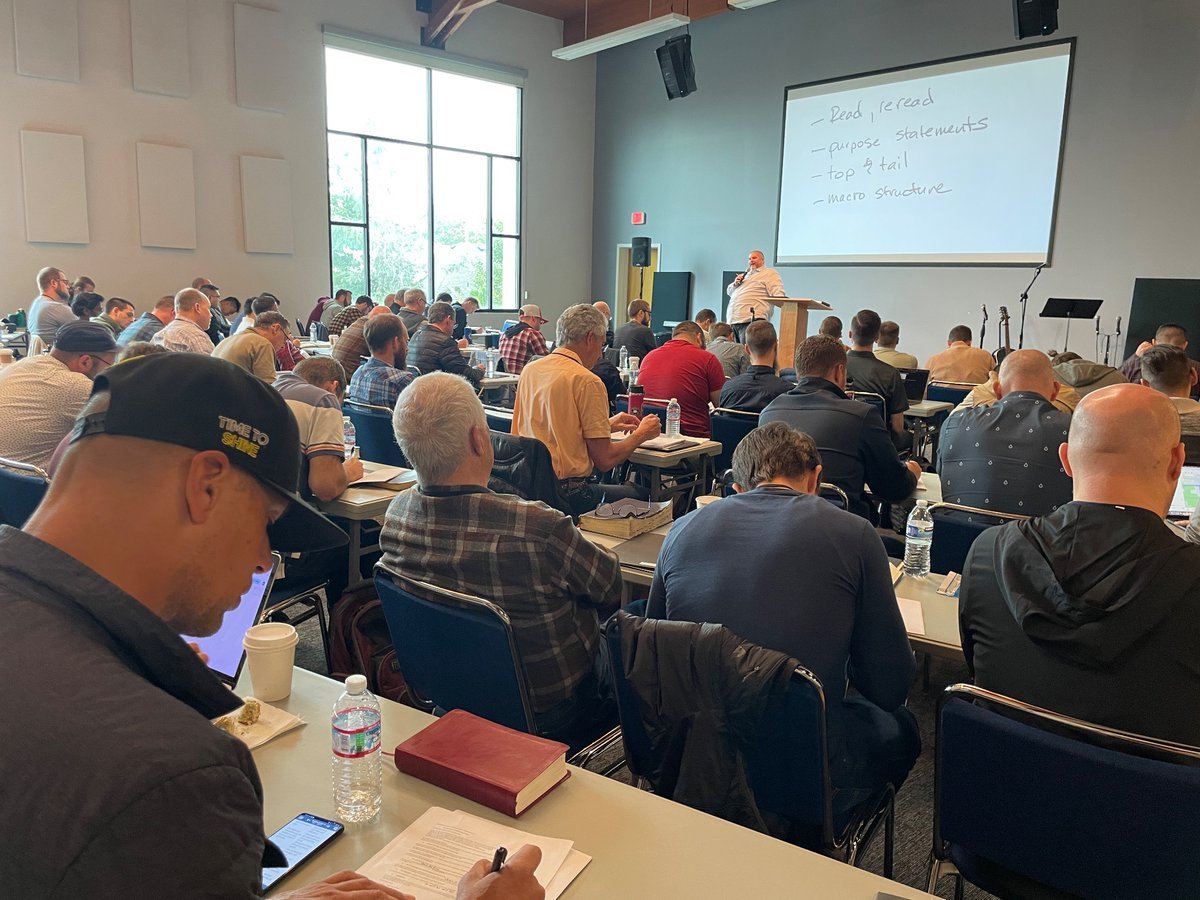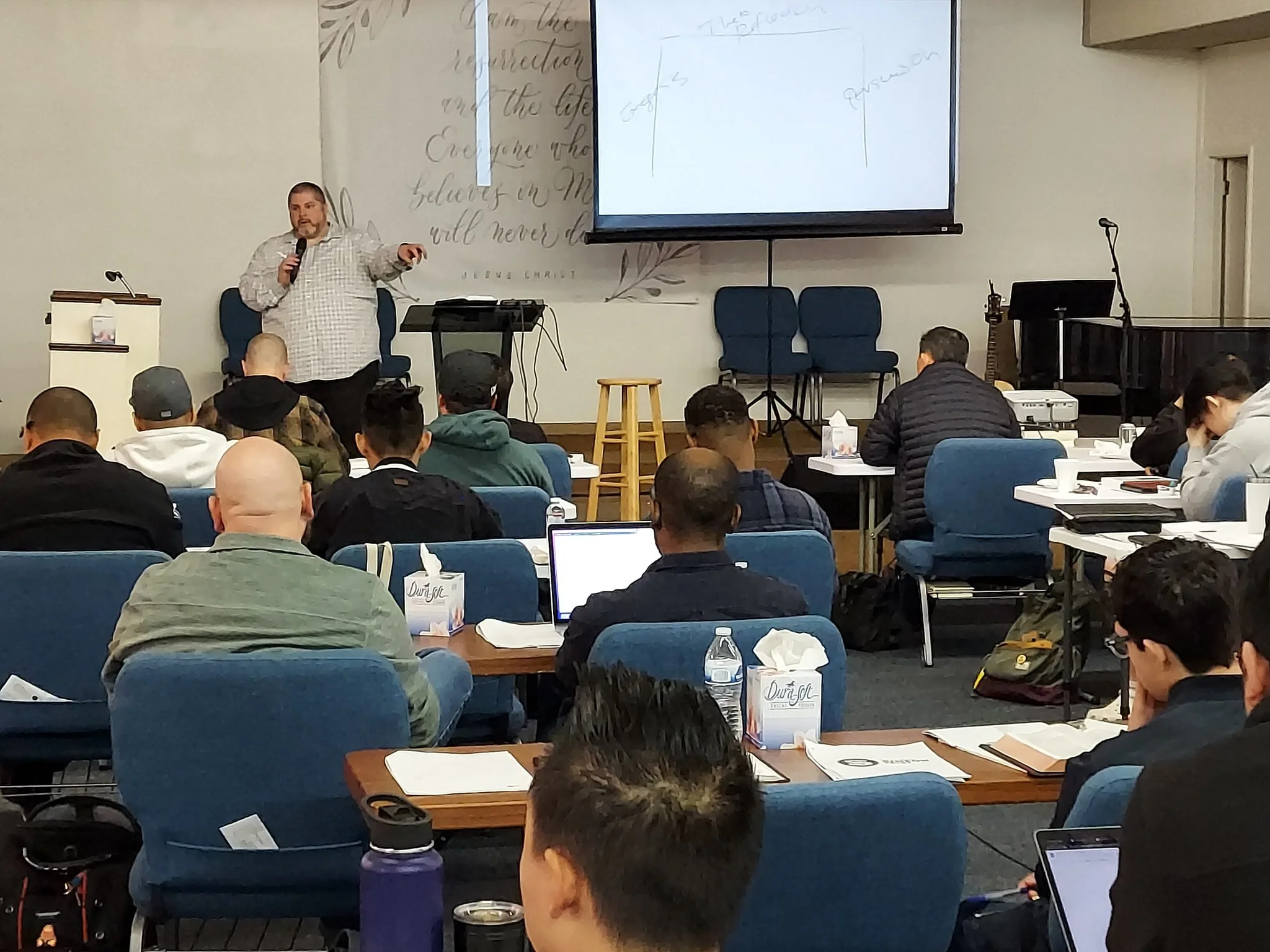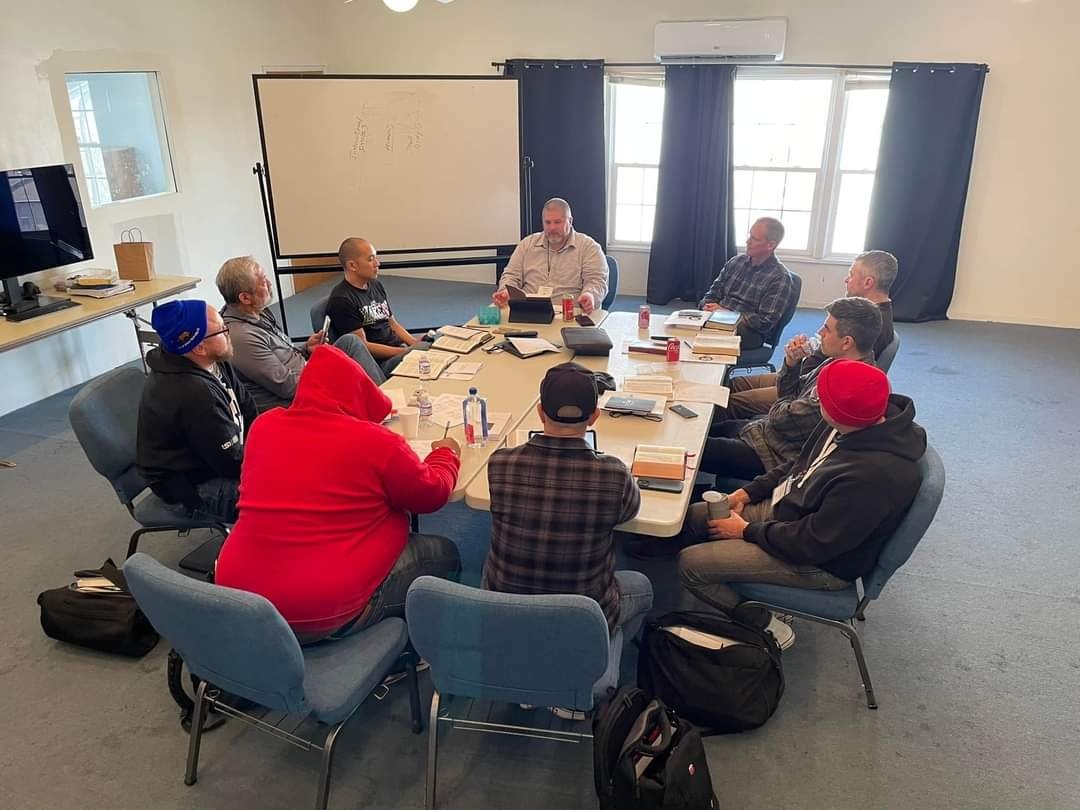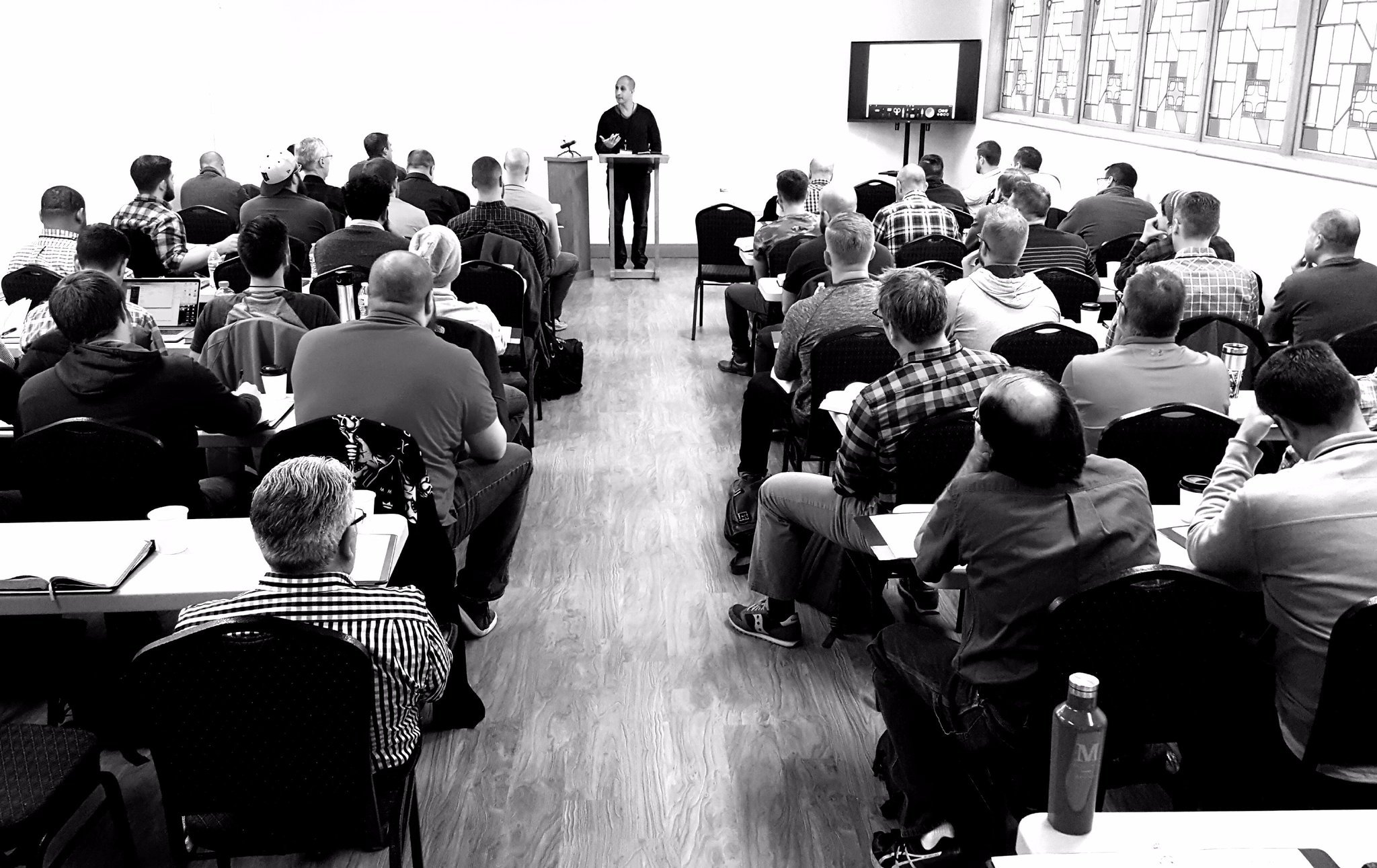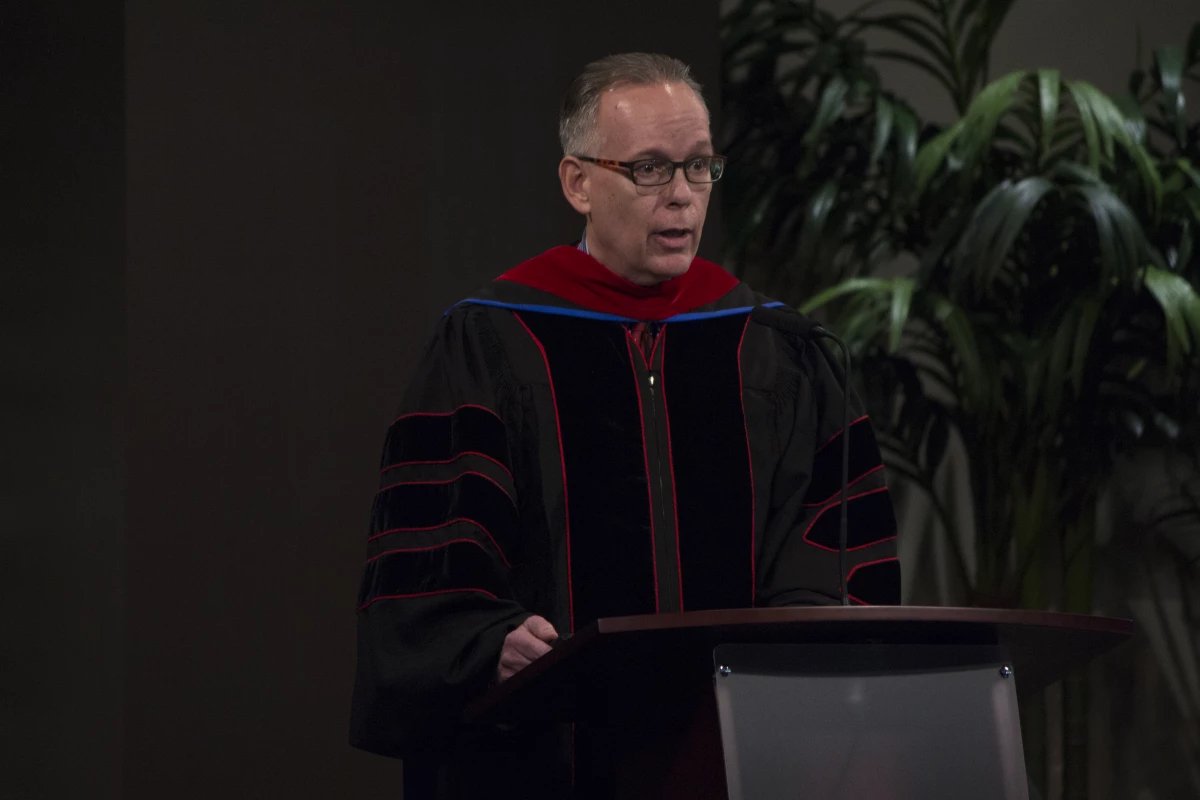It doesn't take much to get American Christians asking about end times and Armageddon. The pandemic lockdowns, mask mandates, and vaccines have people convinced we will see the mark of the beast on the horizon. The riots, defunding the police, Critical Race Theory (CRT) and Intersectionality, LGBTQ+ agendas, presidential elections, and artificial intelligence (AI) like Midjourney, DeepFake, and ChatGPT have all added adrenaline to the frenzy. But nothing has had as big of a splash in recent years as the war between Israel and Hamas in the Palestinian settlements in Gaza. You bring in Iran and Syria's involvement, and Scofield Study Bibles start flying off the shelves. When Russia rescinded their nuclear weapon testing agreements, Kirk Cameron's Left Behind movies shot to number one on the streaming services. Are we seeing Gog and Magog? Are these things the bowls of judgment? Was the COVID-19 and the world-wide pandemic the start of the Great Tribulation? What about the rapture? When is that? Interest in the end times and eschatology has shot to the moon.
Sadly, most people launch into a study of the end times by searching Google or YouTube. (Maybe that's how you found this post.) After reading and reading and reading or binge-watching for a few hours, people have engaged with two or three verses in the Bible and an overwhelming dump of things to be afraid of. That's not a healthy way to study an aspect of God's creation and his glorious redemptive work in human history.
A better approach would be to let God tell you about it by reading the Bible two, three, or ten times. It's nearly impossible to study the end without studying the beginning. And you're not going to see the hope and awe in it if you don't first understand the problem and the solution in the gospel. Jesus' second coming is pointless to you if you haven't read about and studied his first coming. There are about 55 Marvel Titles in the MCU. It's not going to be very helpful if you only watch Avengers: Endgame. Or, using a Star Wars illustration, it might be like watching the Ashoka series, having never seen the Clone Wars, Rebels, or the Mandalorian series.
But still, there will be people who want to get into the meat and potatoes of eschatology without studying other doctrines or reading the entire Bible. Or there might be those who haven't put as much time into eschatology as they have other doctrines. I get that because that's me on some of the doctrines. If I'm describing you, then the list below is for you! I've assembled a list of the significant Scriptures discussed, debated, and cited regarding eschatology and end times. It's not an exhaustive list, and changes are reasonable. I've missed some. (Don't hesitate to contact me and let me know what I forgot.) I've also included a brief summary of the verses, although I'm not set on the summaries. I realize those might not get at the bigger picture of the passage, and plenty of people would probably like to debate my summaries. Trust me, it's not worth it because I'm not married to the summaries.
Start reading and rereading your way through these passages. Read them all before you start digging into any particular one. Get the bigger picture and try to see how they fit together. Then, study the context of each and what each passage is and is not communicating. Think deeply about God's Word.
Some will see this list and say, "That's way too much!" It's only about 8% of the Bible. That's reasonable, especially if you want a good handle on what God says about the end times. I hope this list is helpful, and may God greatly bless your studies!
On to the list of significant Bible passages dealing with the end times!
Genesis 49:1-27. At the end of his life, Jacob gathers his sons and prophesies over each of them, foretelling their futures and that of their descendants. These prophecies include significant messianic expectations, particularly regarding the tribe of Judah, from whom the royal line, culminating in Christ, is prophesied to come.
Psalm 2. This psalm is a coronation hymn celebrating God's sovereign kingship and the anointed king's rule over the nations. It has messianic implications, referencing the Son, whom all kings and rulers are commanded to serve with reverence.
Psalm 110. Attributed to David, this psalm expresses the ultimate victory and eternal priesthood of the Messianic king. In the New Testament, Psalm 110 is often cited as evidence of Jesus Christ's divine sonship and high priestly role.
Isaiah 2:1-22. This passage presents a vision of the last days when the mountain of the Lord's house will be established, and all nations will come to it. It contrasts this with a call to reject the idols and pride, emphasizing God's ultimate judgment and exaltation.
Isaiah 7:10-35:10. These chapters in Isaiah combine prophecies of judgment and hope, including the famous Immanuel prophecy, which foreshadows the virgin birth of Christ. It also describes the Assyrian invasion as a judgment on faithlessness and foretells a future restoration for a faithful remnant.
Isaiah 42:18-56:8. This series of prophecies focuses on the Servant of the Lord, understood as a messianic figure who will bring justice and salvation. These chapters also emphasize God's sovereignty, the futility of idolatry, and the hope of restoration for Israel and blessings for all nations.
Isaiah 60:1-65:24. These chapters envision the glorious restoration of Zion and the gathering of nations to the light of God's presence. They culminate in the promise of new heavens and a new earth, where righteousness dwells and sorrow is no more.
Jeremiah 30-31. These chapters offer hope in despair, prophesying the restoration of Judah from captivity. They notably contain the promise of a New Covenant, written on the hearts of God's people, fulfilling the law more intimately and personally.
Ezekiel 33-48. Beginning with Ezekiel's role as a watchman, these chapters span visions of restoration for Israel. The latter chapters describe a new temple and a renewed land, symbolizing God's presence among his people.
Daniel 2. King Nebuchadnezzar's dream of a great statue, interpreted by Daniel, outlines a succession of kingdoms, culminating in establishing God's eternal kingdom. The dream sets the stage for the prophetic overview of world history and the ultimate victory of God's dominion.
Daniel 7-12. These chapters contain apocalyptic visions, including the four beasts, the Ancient of Days, and the prophecy of seventy weeks. They deal with themes of persecution, end times, and the ultimate victory of God's people.
Hosea 3. Hosea's redemption of his unfaithful wife symbolizes God's unfailing love for Israel despite their idolatry. It points to when the Israelites will return to God and their Davidic king.
Joel 2-3. These chapters describe the terrifying "Day of the Lord," a time of judgment and restoration. It includes the promise of the outpouring of the Spirit in the last days, culminating in salvation for those who call on the Lord.
Amos 8-9. Amos prophesies imminent judgment against Israel for their social injustices and religious complacency, culminating in a vision in which there is a famine of hearing the words of the Lord. Yet, there is a glimmer of hope in the final promise of restoration and rebuilding.
Obadiah 1:15-21. This passage in Obadiah speaks of the coming day of the Lord, when Edom will be judged for its arrogance and violence against Jacob. It ends with a vision of the kingdom of God being established and holiness prevailing.
Micah 4-5. These chapters prophesy the future exaltation of Mount Zion as a center of God's rule, where nations will seek peace and justice. Micah 5 is a prophecy of Jesus coming from Bethlehem.
Zephaniah 1-3. Zephaniah's prophecies focus on the coming day of the Lord, a day of wrath and judgment against sin, but also of shelter and protection for those who seek the Lord. The book concludes with a promise of restoration and joy for Jerusalem and the nations.
Zechariah 9-11. This section includes prophecies of judgment against Israel's enemies and the coming of Zion's king, humble and riding on a donkey. It also foretells the rejection of the shepherd and the scattering of the flock, symbolizing Israel's rejection of God's care.
Zechariah 12-14. These final chapters of Zechariah describe the siege of Jerusalem, a time of great trial followed by the Lord's intervention and victory. They include the piercing of the Messiah, a fountain opened for sin and uncleanness, and the ultimate establishment of God's kingdom.
Malachi 3-4. These chapters speak of the coming of the Lord's messenger to prepare the way and the subsequent arrival of the Lord for judgment. It concludes with a promise of the sun of righteousness rising with healing and the coming of Elijah before the great and dreadful day of the Lord.
Matthew 13. This chapter contains a series of parables Jesus taught about the Kingdom of Heaven, including the parable of the sower, the wheat and the tares, and the mustard seed. These parables reveal truths about the Kingdom's growth and the eventual separation of the righteous and the wicked.
Matthew 24-25. Jesus discusses the end times and his second coming, providing signs of the end and parables to illustrate vigilance and faithfulness. It includes the parable of the ten virgins and the talents, emphasizing readiness for his return.
Mark 13. Like Matthew 24, this chapter records Jesus' teachings on the end times, including the Temple's destruction, signs of the end, and the need for vigilance. Jesus emphasizes the unpredictability of the timing and the importance of staying alert.
Luke 17:20-37. Jesus addresses questions about the coming of the Kingdom of God, emphasizing its unexpected nature and the need for readiness. He parallels the days of Noah and Lot to illustrate the suddenness of the Kingdom's arrival.
Luke 21:5-36. In this passage, Jesus predicts the destruction of the Temple and describes the signs that will precede the end times. He urges his followers to remain watchful and prayerful, assuring them of God's guidance through these challenging times.
John 14:1-7. Jesus comforts his disciples, promising to prepare a place for them in his Father's house and assuring them of his return. He declares himself the way, the truth, and the life, the only path to the Father.
Acts 1:9-11. This passage describes Jesus' ascension into heaven after his resurrection. The angels assured the disciples that Jesus will return as they saw him ascend to heaven.
Romans 9-11. These chapters deal with the sovereignty of God in salvation, the current unbelief of Israel, and the eventual mercy God will show to both Jews and Gentiles. Paul emphasizes God's faithfulness to his promises and the mystery of his salvation plan.
1 Corinthians 15:12-58. Paul expounds on the resurrection of the dead, arguing that Christ's resurrection is the foundation of Christian hope. He describes the nature of the resurrected body and proclaims the ultimate victory over death.
1 Thessalonians 4:13-5:28. Paul addresses concerns about the fate of those who have died before Christ's return, assuring the believers of their participation in the resurrection. He describes the Lord's return as unexpected and calls for continual readiness and encouragement among believers.
2 Thessalonians 2. This chapter deals with the coming of the Lord and the man of lawlessness. Paul encourages the Thessalonians not to be easily unsettled about the Day of the Lord, explaining that certain events must occur first.
1 Timothy 4:1-8. Paul warns Timothy about false teachings and apostasy in the end times, urging him to be a good minister by focusing on godliness. He emphasizes the importance of sound doctrine and personal discipline.
2 Timothy 4:1-8. Paul charges Timothy to preach the word diligently in all circumstances, especially since the time will come when people will not endure sound teaching. Paul reflects on his own life as being poured out like a drink offering and the crown of righteousness awaiting him.
Hebrews 1:1-2. The author of Hebrews emphasizes that God, who spoke through prophets in the past, has spoken through his Son in these last days. Jesus is the heir of all things and the one through whom the world was made.
Hebrews 9:26-28. This passage contrasts the Old Covenant's repeated sacrifices with Christ's single, sufficient sacrifice. It speaks of Christ's once-for-all sacrifice to remove sin and his promised return, not to bear sin but to bring salvation to those waiting for him.
James 5:1-8. James encourages believers to be patient and steadfast, awaiting the Lord's coming, who is near.
1 John 2:15-3:10. John warns against loving the world and its desires, contrasting it with doing God's will. He speaks of the Christian hope of being like Christ when he appears and the purifying effect of this hope.
Jude 1:14-25. Jude emphasizes the judgment of the ungodly and the Lord's coming with thousands of his holy ones. He concludes with encouragement to remain in God's love and assurances of God's ability to keep them from stumbling.
Revelation 1-22. The book of Revelation, a prophetic vision given to John, includes letters to seven churches and vivid imagery of the events leading up to the end times. It culminates with the return of Christ, the final judgment, the defeat of evil, and the establishment of a new heaven and new earth.
Here's a list of the Scriptures mentioned above, uninterrupted by the summary of the passage: Genesis 49:1-27, Psalm 2, Psalm 110, Isaiah 2:1-22, Isaiah 7:10-35:10, Isaiah 42:18-56:8, Isaiah 60:1-65:24, Jeremiah 30-31, Ezekiel 33-48, Daniel 2, Daniel 7-12, Hosea 3, Joel 2-3, Amos 8-9, Obadiah 1:15-21, Micah 4-5, Zephaniah 1-3, Zechariah 9-14, Malachi 3-4, Matthew 13, Matthew 24-25, Mark 13, Luke 17:20-37, Luke 21:5-36, John 14:1-7, Acts 1:9-11, Romans 9-11, 1 Corinthians 15:12-58, 1 Thessalonians 4:13-5:28, 2 Thessalonians 2, 1 Timothy 4:1-8, 2 Timothy 4:1-8, Hebrews 1:1-2, Hebrews 9:26-28, James 5:1-8, 1 John 2:15-3:10, Jude 1:14-25, and Revelation 1-22.

